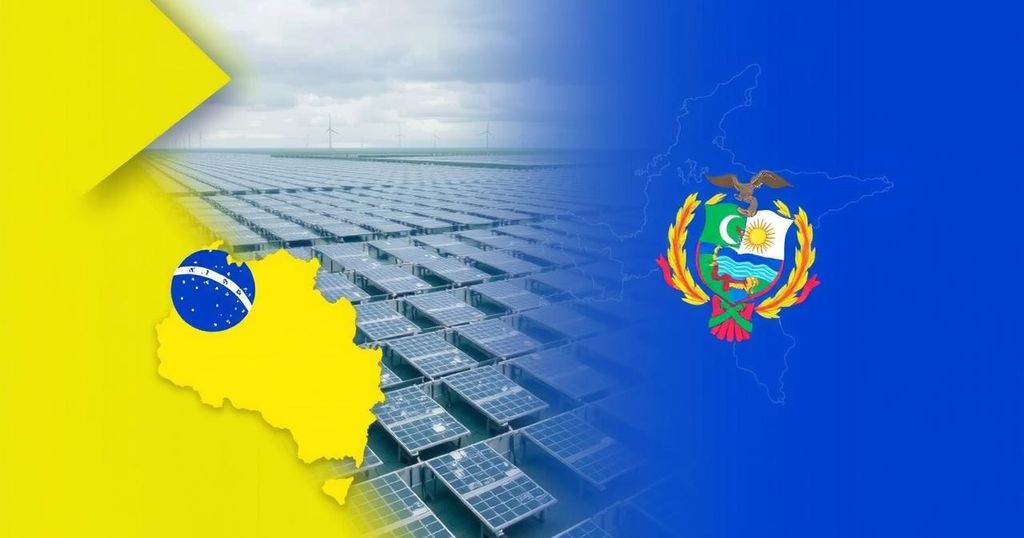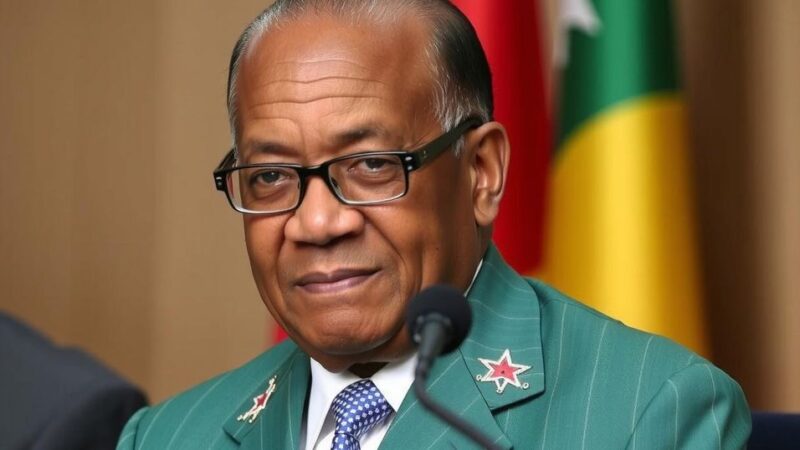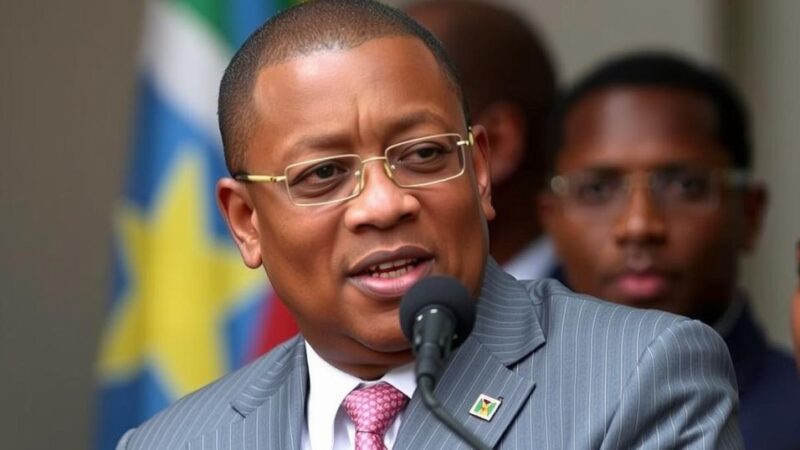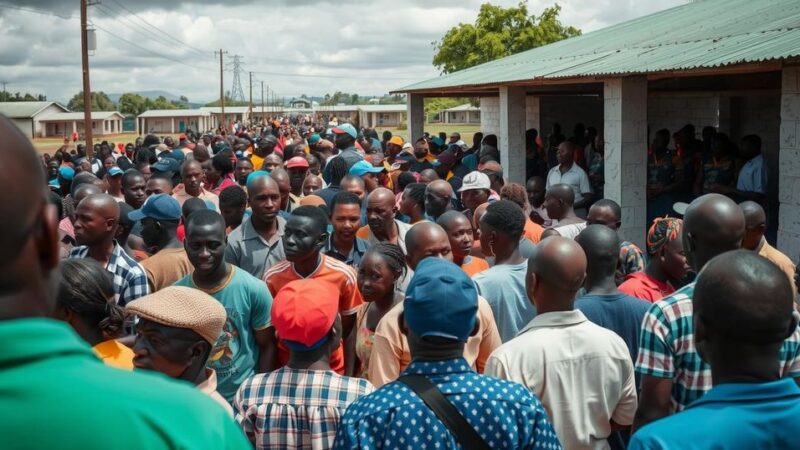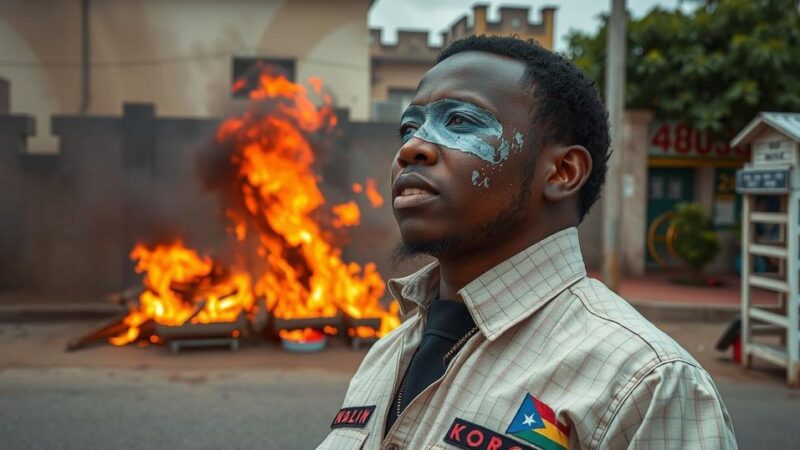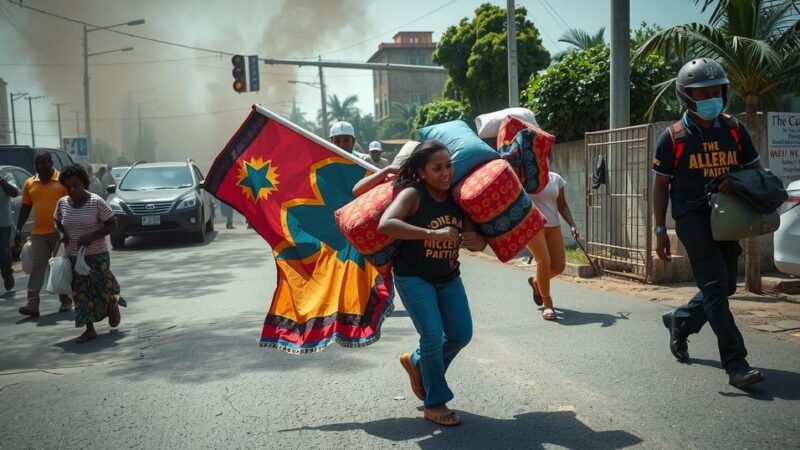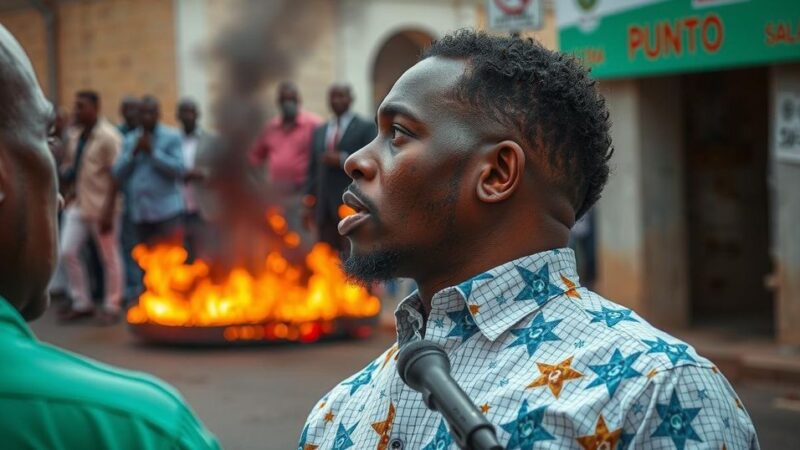Ecuadorean President Daniel Noboa has requested assistance from Colombia to address a power crisis affecting citizens with outages lasting up to 14 hours daily. Acknowledging that the crisis has impacted his popularity ahead of the February 2025 elections, Noboa emphasized the need for energy support from Colombian President Gustavo Petro. The ongoing drought has triggered energy supply issues in both countries, complicating relations. Noboa aims to restore public trust with assured governmental action by December.
Ecuadorean President Daniel Noboa has formally reached out to Colombia for assistance amidst a severe energy crisis affecting Ecuador. Reports indicate that residents have experienced power outages lasting up to 14 hours daily since September 23. Acknowledging the looming elections on February 9, 2025, Noboa admitted during a recent television interview that his approval ratings have taken a hit. He expressed the need for Colombian President Gustavo Petro to support Ecuador, emphasizing the importance of energy sales from Colombia as crucial for alleviating the crisis. President Petro had previously underscored the necessity of solidarity among Latin American nations in light of Ecuador’s ongoing challenges related to the drought. It is important to note that Colombia suspended energy exports to Ecuador on October 1 due to similar drought conditions affecting both countries. Addressing his declining public image amid the crisis, Noboa stated that surveys indicate a decrease in public trust, noting, “If I were a normal citizen, I would be upset with the president if there were blackouts.” He emphasized the necessity for his administration to take action to restore the public’s confidence, assuring citizens that their lives would return to normal by early December. At the age of 36, Noboa, a businessman turned politician, has been leading in polls regarding the upcoming presidential elections, although he is set to face a crowded field of at least 15 candidates according to the National Electoral Council (CNE). In summary, President Noboa’s urgent call for Colombian support highlights the dire circumstances faced by Ecuador in this energy crisis, while also shedding light on the challenges he faces with public perception as elections approach.
Ecuador is currently grappling with a significant energy crisis triggered by a prolonged drought that has severely impacted electricity generation. The country has been forced to implement power cuts, leading to widespread discontent among citizens. President Daniel Noboa, having assumed office only recently, is confronted with the dual challenges of managing this crisis and maintaining his popularity ahead of upcoming elections. Amidst these challenges, the role of neighboring Colombia becomes crucial, as it has historically provided energy to Ecuador. President Gustavo Petro’s response to Noboa’s request may shape the future energy landscape between the two nations. The political context is further complicated by Noboa’s declining popularity, as citizens look for effective leadership and solutions to their current energy woes. The forthcoming meeting between Noboa and Petro is seen as a pivotal moment to address these issues and foster regional cooperation.
In conclusion, President Daniel Noboa’s appeal to Colombia for assistance during Ecuador’s electricity crisis underscores the interconnectedness of Latin American nations when faced with environmental challenges. As Noboa navigates declining public support amid power shortages, the response from Colombia will not only influence Ecuador’s immediate energy supply but also set the tone for regional solidarity and political relations moving forward. The outcome of their discussions at COP16 may provide critical solutions that can restore normalcy for Ecuadorian citizens in the near future.
Original Source: en.mercopress.com

